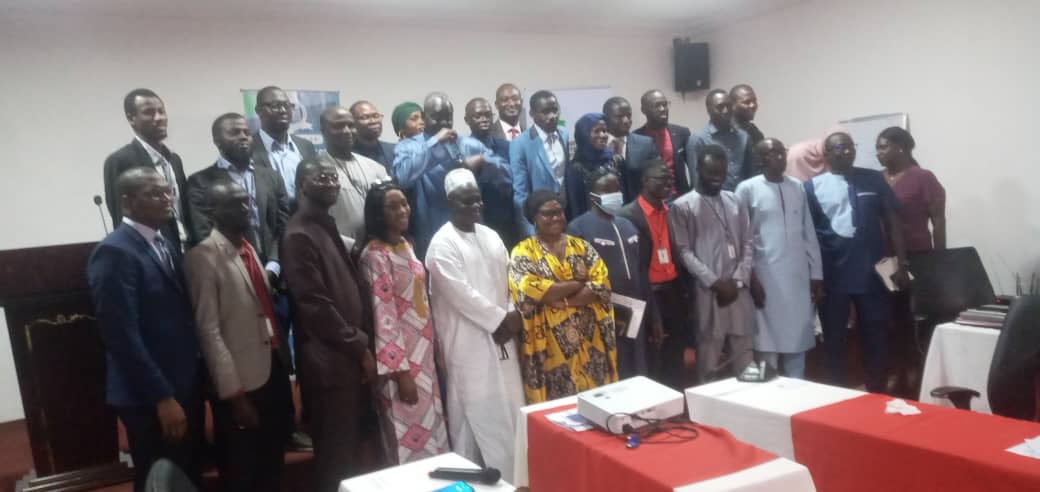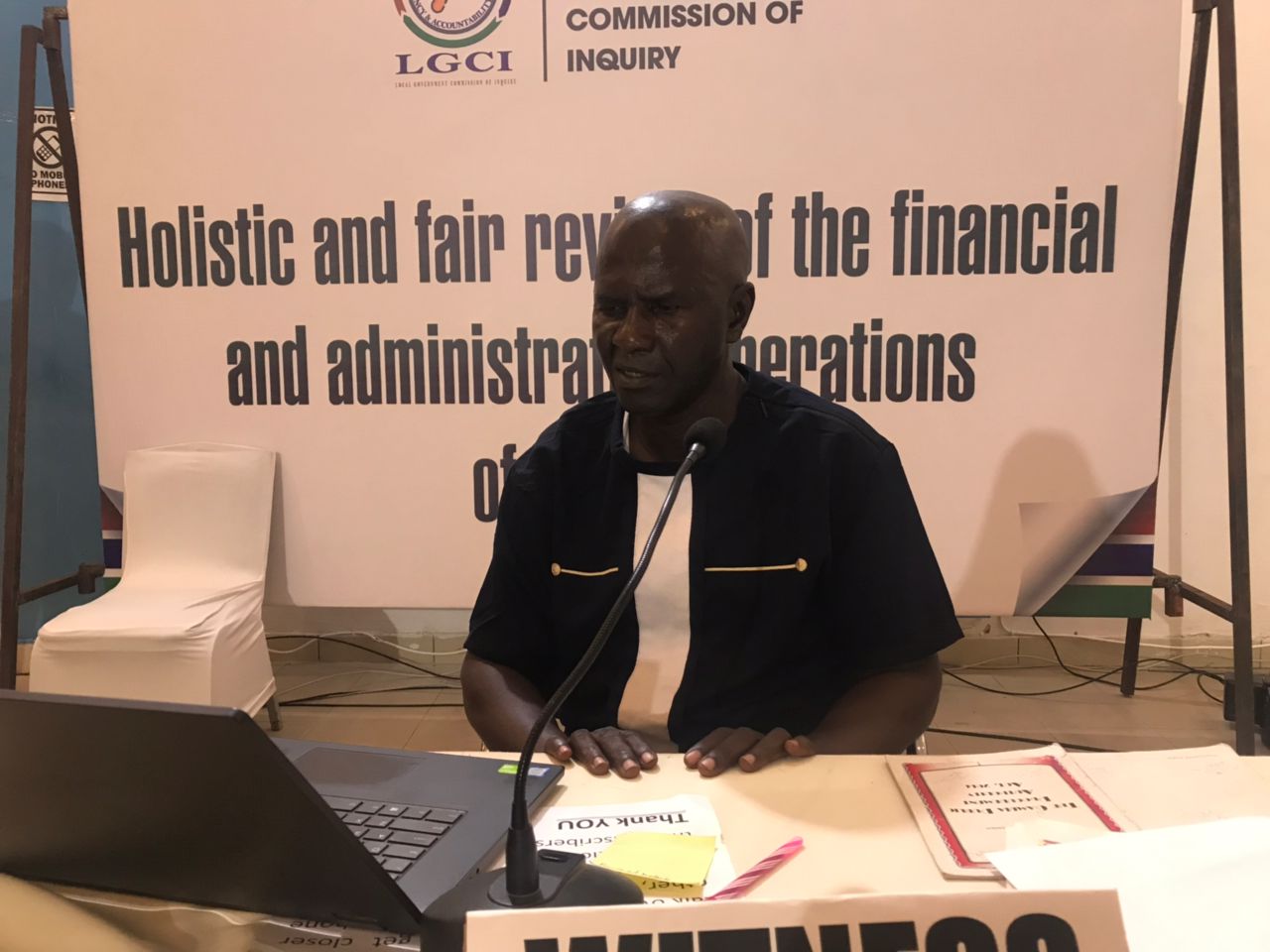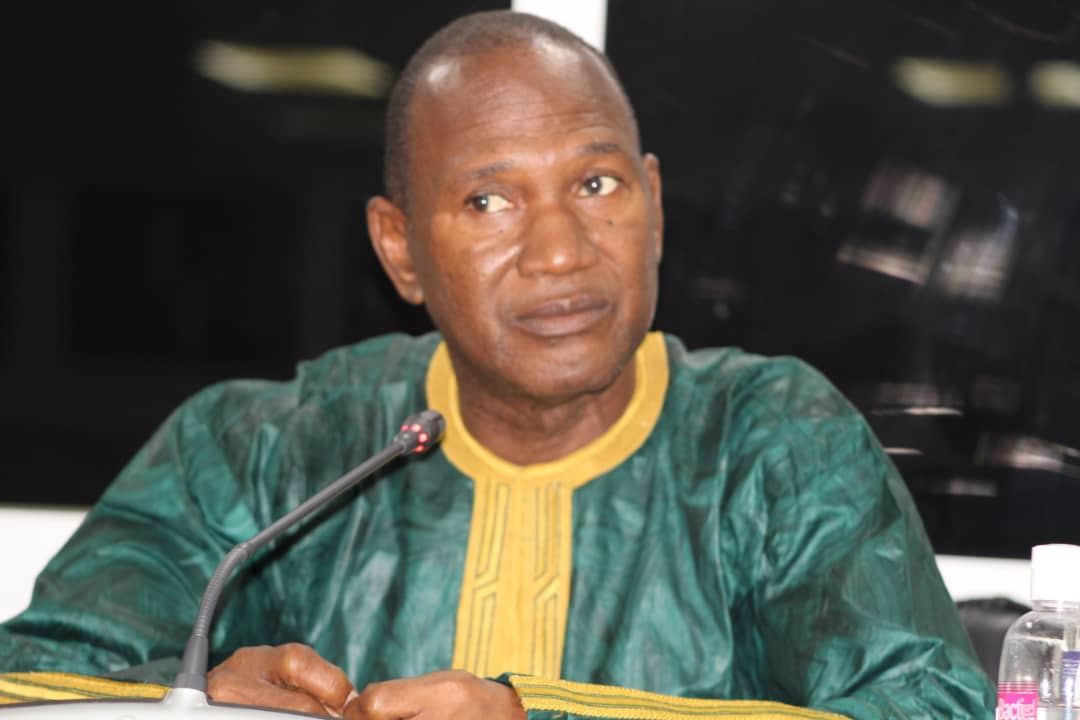Kebba Ansu Manneh
The National Audit Office (NAO) has launched its Covid-19 funds purchasing food and medical items audited reports.
The report that was officially launched Thursday at a local hotel in Senegambia brought together officials of the Audit Office, media, academia and the civil society who witnessed the event.
Speaking at the launching ceremony, Mr. Karamba Touray, Auditor General of The Gambia said Supreme Audit Institutions (SAls) have a critical role in holding the government to account and enabling legislative oversight.
He pointed out that SAIs are equally a critical part of national accountability architecture given their mandates to watch over government accounts, operations and performance.
According to him, the scope of SAl’s work is to increase transparency for the benefit of citizens through external auditing.
He noted that effectiveness of SAls’ operations can be greatly enhanced through sustained interaction with the various stakeholders which include the executive, legislature, media, civil society organizations and the citizens.
“National Audit Office is the Supreme Audit Institution of The Gambia and it is mandated by the Constitution to track and report (through an audit process) government spending of public resources even in emergency situations.
Thus, following the government’s use of public resources to respond to the effects of the COVID-19 pandemic, my office started the audit process with a risk assessment that identified different subject matters which were ranked according to their assessed risk level and their materiality,” Auditor General Touray highlighted.
He added: “As a result, procurement and distribution of food and medical supplies were ranked the highest and that is how we arrived at the scope for the COVID-19 phase 1 special audit.”
He disclosed that the audit report has been submitted to the National Assembly and other relevant government offices in April and May, 2021, revealing that four main issues have been highlighted in the report that includes missing documents, delayed, damaged and unaccounted items, inappropriate procurement and contracting processes and lack of risk assessments conducted.
According to him, institutions responsible for the different sectors of the Covid-19 response failed to provide accounts, valid and verified documents, noting that sometimes no single document are provided thus indicating poor internal control measures, underreporting of quantities purchased, poor record keeping of public expenditure and risk of fraud because of lack of document trail that allows auditors to do their works.
“Keeping and tracking all documents of procurement and spending of public money is essential for responsible reporting. In the pandemic where emergency expenditures are unavoidable, the government must maintain good and transparent record keeping systems to ensure public expenditure reporting is easy and accurate,” Touray recommended to the government of Gambia.
The details of the report’s findings revealed among other things; the Ministry of Health allegedly bought hand sanitizers and plastic buckets amounting to over D3.2 million and items are said to be supplied to the National Assembly Members.
Cash payment of more than D2 million was paid to suppliers for 3 boxes of unproven Covid-19, organic medicine.
However, NAO observed the method of payment of this consignment is highly irregular for international suppliers.
“The Phase 1 Audit of the Gambia’s Covid-19 response also revealed that 1,864 bags of sugar, 1400 bags of rice, 344 oil drums that were supplied to the Greater Banjul Area had no delivery note.
Similar food item distribution at McCarthy Square for Lower River Region could not be found, payment vouchers and supporting documents for food and medical items amounting to D64 million and D7.5million respectively were not presented for verification,” the report noted.





